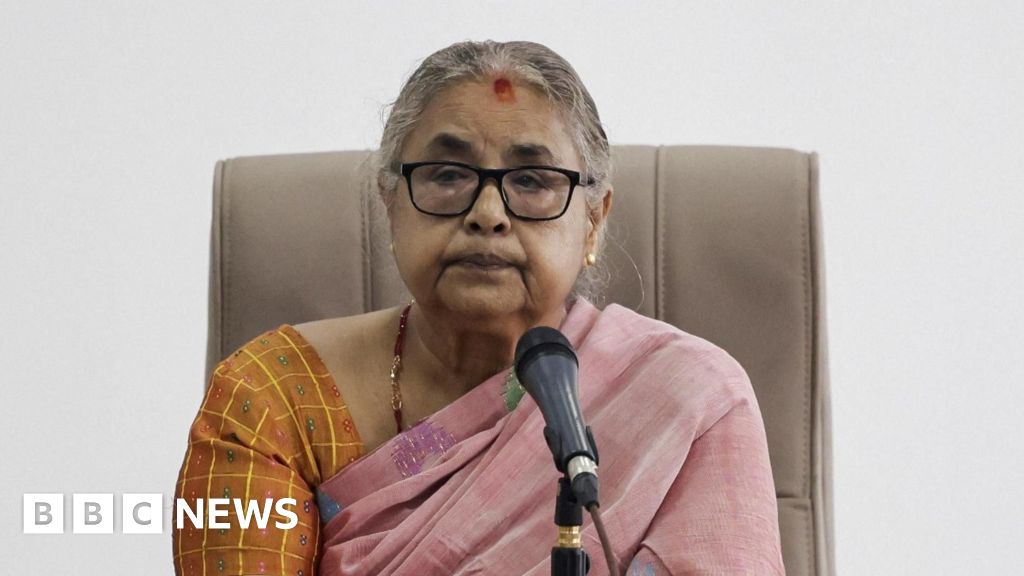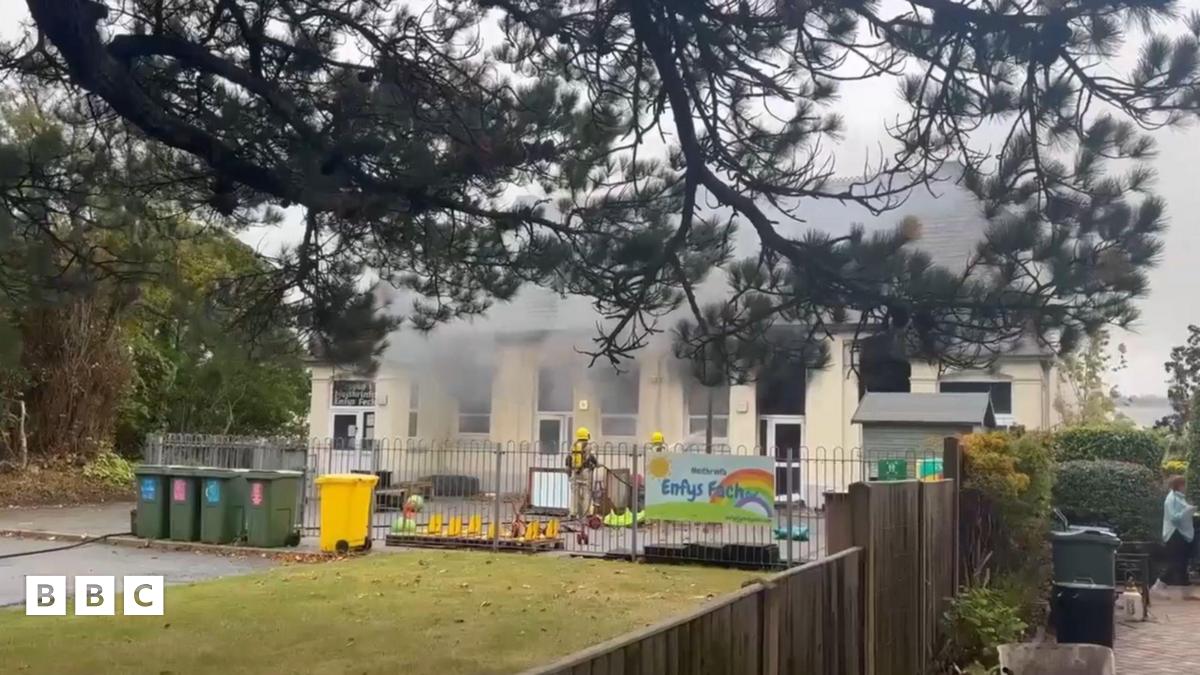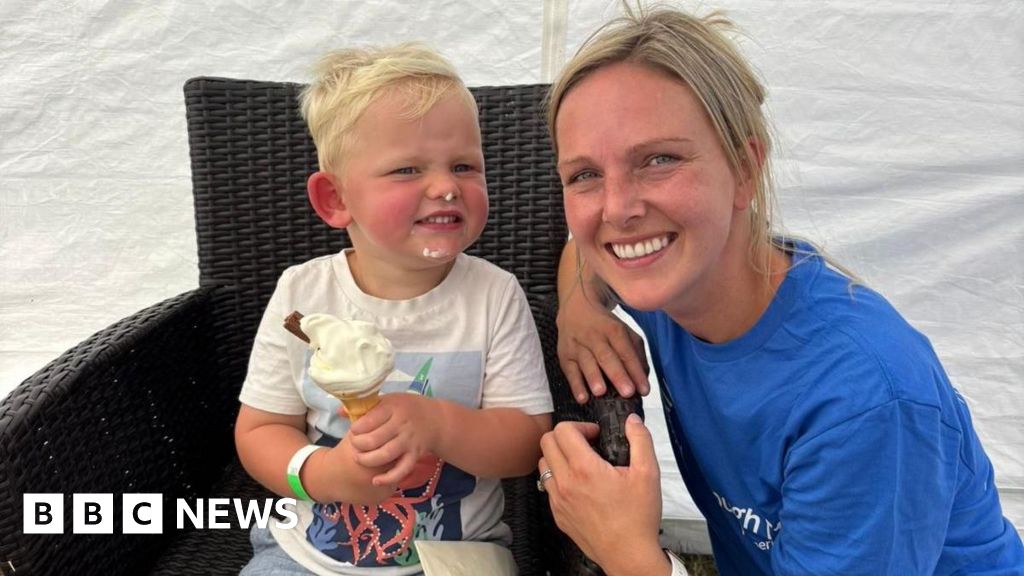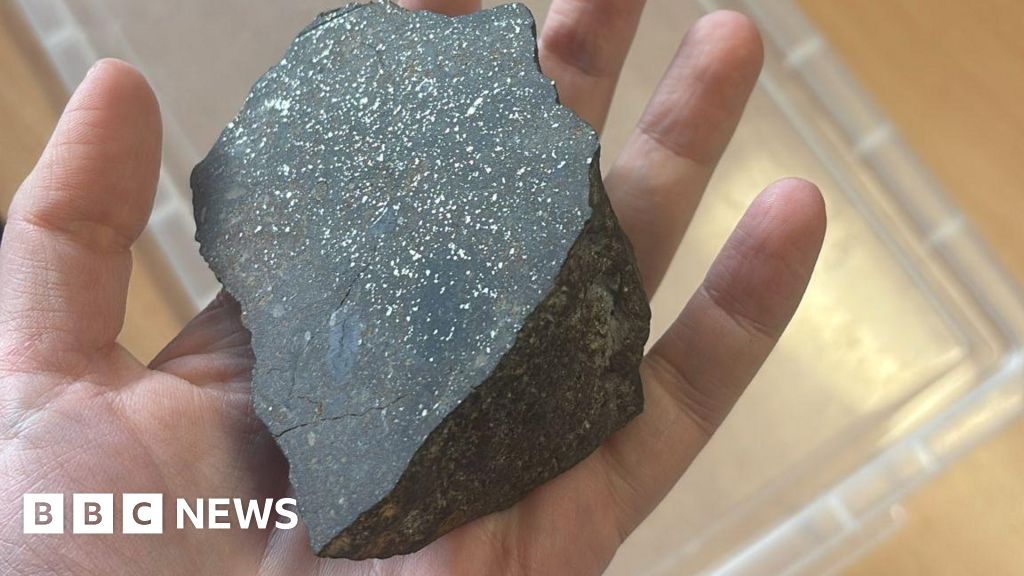 Getty Images
Getty ImagesThe number of people living alone in Scotland has increased by more than 100,000 since 2011, according to new figures from the census.
The latest release of data from the 2022 census shows there were 2,509,300 households in Scotland, up 5.8% on a decade earlier.
The increase was mostly due to a 106,700 increase in single-person households – up 13.0%.
Officials said the driving factor was the rise in the overall number of older people, who were more likely to live alone.
The 2021 census in England and Wales showed a smaller percentage increase in single person households – up 5.9%. In Northern Ireland the rise was 19.5%.
Scotland’s 2022 census showed that the population had grown by 144,400 since 2011, due to an increase in people born outside the country.
Between 2011 and 2022 the number of people living in Scotland who had been born in the country went down by 90,400.
This was offset by increases in the number who were born in the rest of the UK (up 49,200) and those born overseas (up 185,600).
The census showed that just over half a million (554,900) people living in Scotland were born outside of the UK.
The most common country of birth of people born outside the UK was Poland (75,400 people) followed by India (37,700) and then Pakistan (28,900).
The countries in the top 10 that saw the biggest increase in people since 2011 were Poland (up 20,100), India (up 14,200) and Nigeria (up 11,800).
The number of people in Scotland born in Italy more than doubled from 6,000 in 2011 to 14,500 in 2022.
Other data in the census showed:
- About one in three people born overseas arrived in the UK aged between 20 and 29. This is likely due to people moving to Scotland to study or work.
- Almost half of people who were born overseas had been living in the UK for 10 or more years.
- There were 261,400 households containing lone parent families, down 6.8% since 2011
- There has been a gradual shift from marriage towards cohabiting.
This is the fourth of seven reports on different topics from the census to be released.
Future topics include housing, education and health and will be published in August and September.
















































